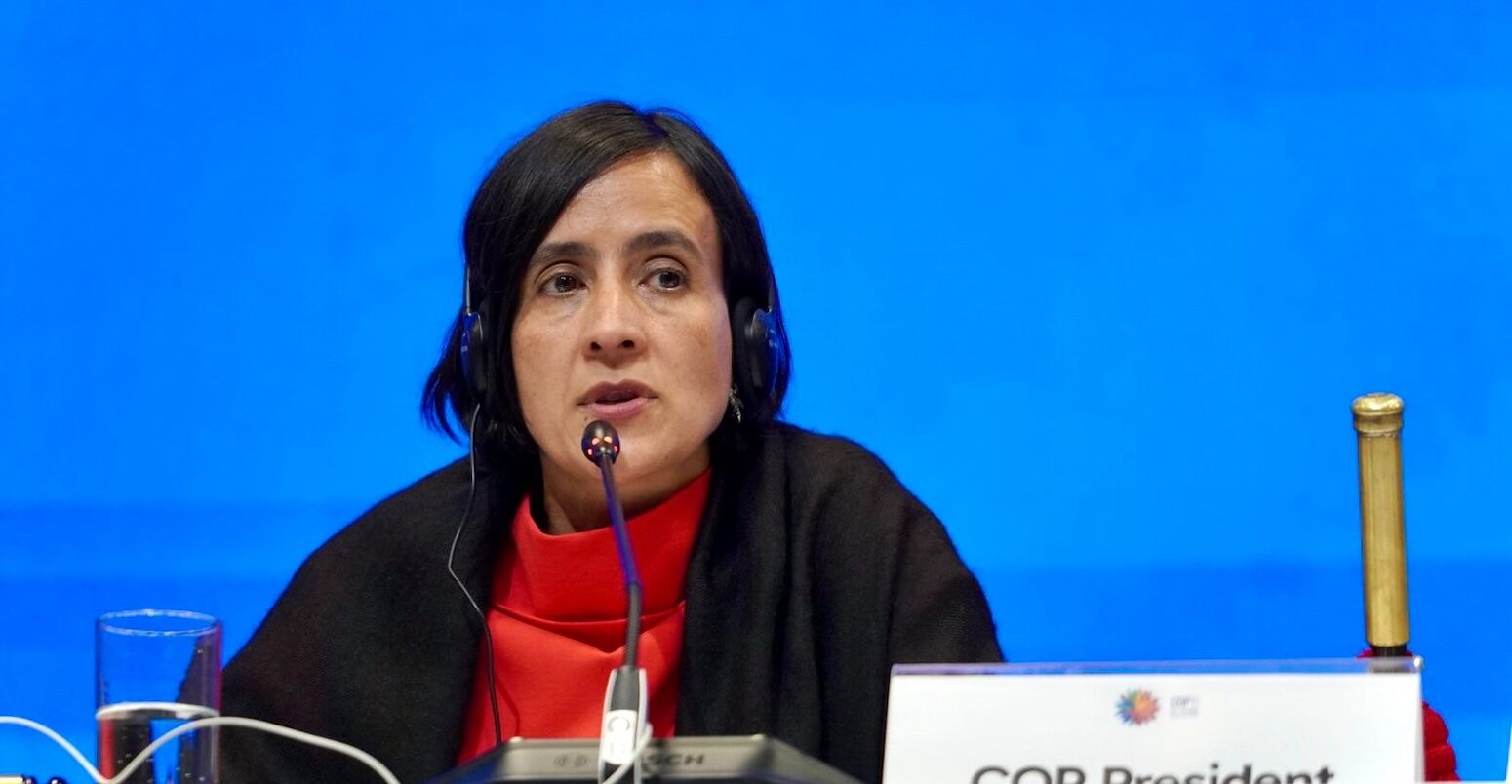UN Environmental Summits Face Major Challenges
The United Nations has encountered setbacks in its environmental initiatives during 2024. Four crucial summits held in Colombia, Azerbaijan, Saudi Arabia, and South Korea failed to produce meaningful outcomes. These gatherings aimed to align goals among governments, researchers, and civil society while mobilising necessary financial resources. However, the lack of consensus and progress raises serious concerns about global efforts to combat biodiversity loss and climate change.
Divergent National Interests
The breakdown of negotiations stems from conflicting national priorities. Developing countries demand substantial financial assistance from wealthier nations to address climate challenges. Conversely, developed nations express reluctance to provide additional resources due to domestic political pressures. For instance, discussions in Colombia on biodiversity financing stalled due to disagreements on sustainable land-use practices.
Financing Challenges
At the Azerbaijan summit, developing nations sought $1.3 trillion annually from developed countries, but discussions ended without concrete commitments. The division over fossil fuel transition pledges further complicated negotiations. In South Korea, nations dependent on plastic economies resisted a legally binding treaty, opting instead for improved recycling practices.
Framework Disagreements
Several summits faltered over the frameworks necessary for monitoring and enforcing environmental goals. In Azerbaijan, divisions emerged over accountability mechanisms for emission reductions. In Saudi Arabia, industrialised nations clashed with African countries regarding a legally binding drought protocol, denoting the complexities of establishing effective frameworks.
Impact of Global Crises
The COVID-19 pandemic, economic instability, and geopolitical conflicts have diverted attention from environmental priorities. Governments are increasingly focused on domestic issues, which undermines their negotiating positions. Developing nations face heightened challenges, balancing economic recovery with sustainability goals amid inflation and debt burdens.
Consequences of Delayed Action
The inability to reach agreements delays crucial actions needed to combat biodiversity loss and climate change. This postponement increases the risk of reaching irreversible tipping points, adversely affecting global communities and economies. Fragmented efforts may lead countries to pursue unilateral regional actions, which lack the coherence necessary for effective environmental solutions.
- The Colombia summit focused on biodiversity financing.
- Azerbaijan’s talks sought $1.3 trillion for climate action.
- South Korea’s summit faced opposition to plastic treaties.
- Developed nations resisted stronger fossil fuel transition pledges.
- Economic instability has weakened negotiating positions globally.
Rebuilding Momentum for Action
To advance environmental goals, several strategies are critical. Wealthier nations must fulfil their financial commitments to support developing countries. Establishing robust mechanisms for transparency and accountability will help restore confidence in multilateral processes. Inclusive diplomacy is essential for addressing geopolitical tensions and ensuring all voices, particularly vulnerable nations, are included in negotiations. Moreover, the focus must shift from ambitious pledges to tangible actions, with measurable outcomes. Recognising the interconnections between biodiversity loss, land degradation, plastic pollution, and climate change is crucial for effective solutions. Addressing these issues collectively rather than in isolation will enhance the chances of achieving meaningful progress in global environmental efforts.
Month: Current Affairs - January, 2025
Category: Environment Current Affairs








